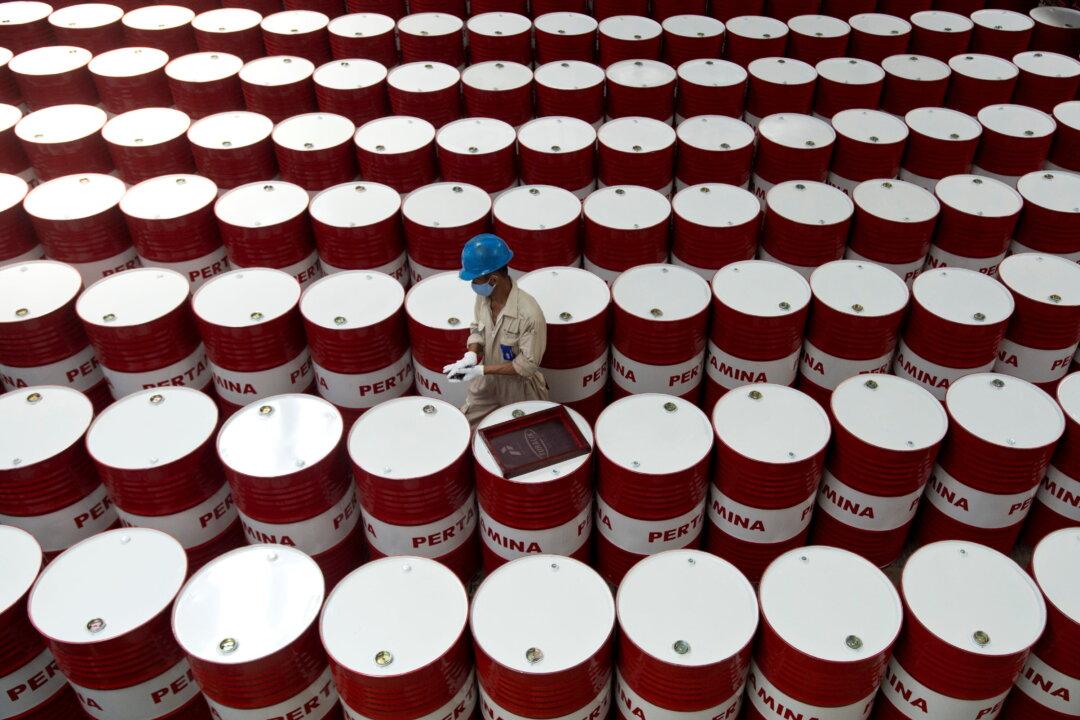DUBAI/LONDON—OPEC+ oil producers agreed on Wednesday to stick to their plans for a modest output rise in April, ignoring the Ukraine crisis during their talks and snubbing calls from consumers for more crude even as crude prices rocketed higher.
Oil prices shot above $110 a barrel this week, hitting peaks not seen since 2014, as Western sanctions tightened on Moscow over its invasion of Ukraine and disrupted oil sales from Russia, the world’s second-largest oil exporter.





